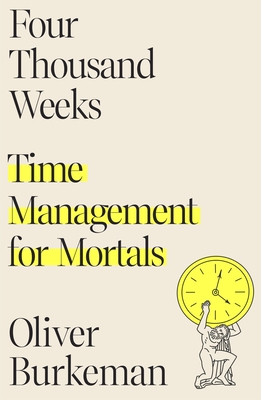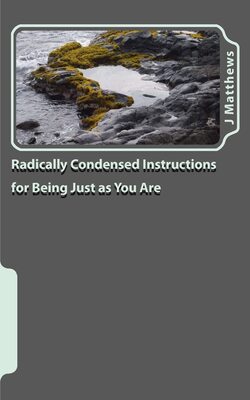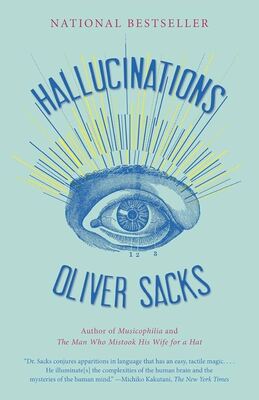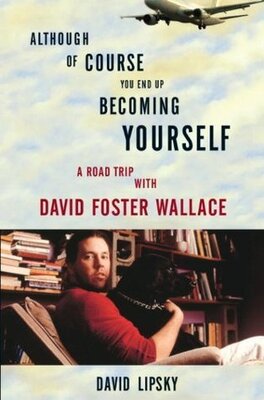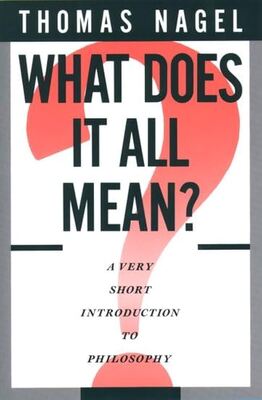
The idea seems to be that we are in some kind of rat race, struggling to achieve our goals and make something of our lives, but that this makes sense only if those achievements will be permanent. But they won’t be. Even if you produce a great work of literature which continues to be read thousands of years from now, eventually the solar system will cool or the universe will wind down or collapse, and all trace of your efforts will vanish. In any case, we can’t hope for even a fraction of this sort of immortality. If there’s any point at all to what we do, we have to find it within our own lives.
Part of the problem is that some of us have an incurable tendency to take ourselves seriously. We want to matter to ourselves “from the outside.” If our lives as a whole seem pointless, then a part of us is dissatisfied—the part that is always looking over our shoulders at what we are doing.
If a belief in the world outside our minds comes so naturally to us, perhaps we don’t need grounds for it. We can just let it be and hope that we’re right. And that in fact is what most people do after giving up the attempt to prove it: even if they can’t give reasons against skepticism, they can’t live with it either. But this means that we hold on to most of our ordinary beliefs about the world in face of the fact that (a) they might be completely false, and (b) we have no basis for ruling out that possibility.
Before learning a lot of philosophical theories it is better to get puzzled about the philosophical questions which those theories try to answer.
The idea that our lives fulfil God’s purpose is supposed to give them their point, in a way that doesn’t require or admit of any further point. One isn’t supposed to ask “What is the point of God?” any more than one is supposed to ask, “What is the explanation of God?”
The only example you’ve ever directly observed of a correlation between mind, behavior, anatomy, and physical circumstances is yourself. Even if other people and animals had no experiences whatever, no mental inner life of any kind, but were just elaborate biological machines, they would look just the same to you. So how do you know that’s not what they are?
When we say, “The car could have climbed to the top of the hill,” we mean the car had enough power to reach the top of the hill if someone drove it there. We don’t mean that on an occasion when it was parked at the bottom of the hill, the car could have just taken off and climbed to the top, instead of continuing to sit there. Something else would have had to happen differently first, like a person getting in and starting the motor. But when it comes to people, we seem to think that they can do various things they don’t actually do, just like that, without anything else happening differently first.
